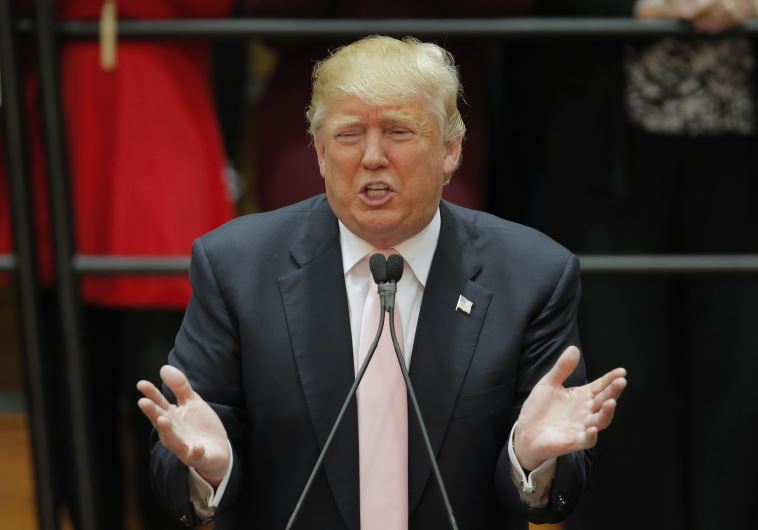Trump on foreign policy: Iran deal allowed it to become a 'great power' at Israel's expense
Republican frontrunner pledges an overhaul of Washington's Mideast policies; pledges to defeat radical Islam, makes no mention of Palestinian conflict
 US Republican presidential candidate Donald Trump Updated:
US Republican presidential candidate Donald Trump Updated: